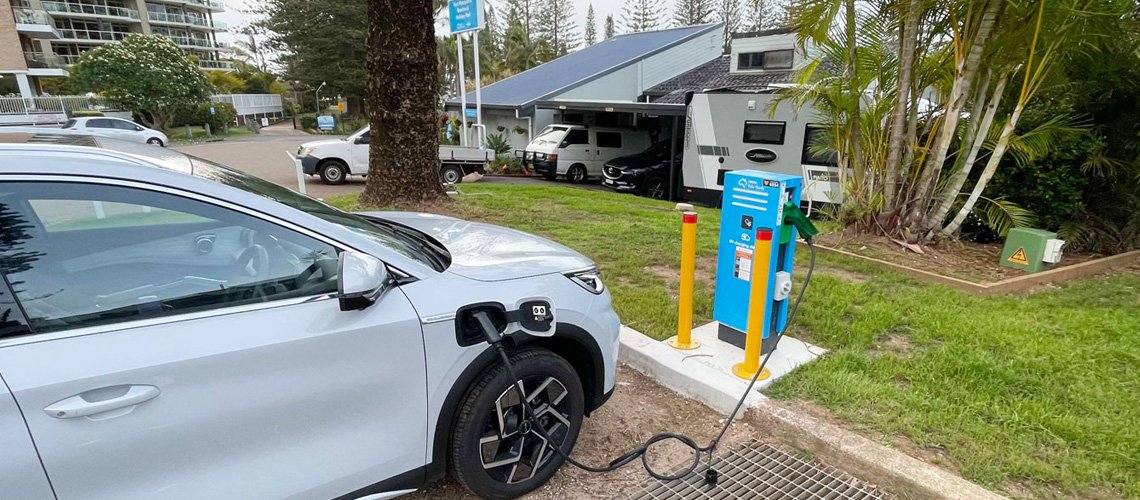The federal government of Pakistan has released the first draft of the New Energy Vehicle (NEV) Policy 2025-2030, designed to accelerate the adoption of electric vehicles (EVs) across the country. This draft policy, developed through extensive consultations with stakeholders, including EV manufacturers and provincial representatives, aims to transform Pakistan’s transportation landscape.
Objectives of the NEV Policy
The NEV Policy seeks to reduce greenhouse gas emissions and improve air quality, aligning with Pakistan’s environmental goals and global climate commitments. It encourages a shift from conventional fuel vehicles to NEVs, fostering a cleaner and greener transportation system. Additionally, the policy supports local NEV manufacturing, which is expected to create jobs, reduce reliance on imported fuels, and strengthen energy security, ultimately benefiting the economy.
Policy Highlights and Incentives
A significant allocation of Rs. 4 billion has been made in the Federal Budget 2024-25 for a demand incentivization scheme targeting electric two and three-wheelers. This scheme offers subsidies of Rs. 50,000 for two-wheelers and Rs. 200,000 for three-wheelers to reduce upfront costs for consumers. The financing scheme will be launched with a 3% KIBOR rate borne by the government, allowing consumers to pay only the installment over two years, with monthly payments approximately Rs. 9,000—less than the savings from reduced fuel consumption. A Credit Loss Guarantee is also provided by the Finance Division, ensuring no additional burden on the ministry or consumers.
Leveraging a policy rate reduction to 15%, the government plans to encourage banks to facilitate consumer banking for those interested in transitioning to EVs. Additionally, the government intends to establish EV infrastructure to alleviate consumer concerns. In the first phase, a plan to install EV stations along the motorways from Peshawar to Karachi has been prepared, with 40 sites identified and finalized at 120 km intervals.
To further promote EV use, 120 high-achieving students will receive free bikes or scooters through a bidding process. The Ministry of Industries and Production, in collaboration with the CPPA and Power Ministry, is devising special power rates to ensure EV infrastructure yields a 22% return on investment within three years, while consumers benefit from shifting to EVs. The government plans to set EV charging station rates at a minimum cost of Rs. 39.77 per unit.
The policy also includes reduced taxes and duties on EV components and imports to make EVs more affordable and encourage local assembly and manufacturing. It proposes the establishment of a New Energy Fund and a New Energy Vehicle Centre, alongside a phased rollout of EV charging stations across major highways, starting with 40 stations to ensure availability and convenience for EV users.
Benefits for the Public and Economy
The NEV Policy promises lower fuel and maintenance costs, making NEVs an affordable long-term option. It aims to improve air quality and reduce noise pollution in urban areas by decreasing emissions. The policy is expected to create new opportunities in NEV manufacturing, infrastructure development, and maintenance services, tailored to meet Pakistan’s unique infrastructure and energy capabilities. This initiative will reduce dependency on fuel imports and slow down high carbon emissions from vehicles, promoting cleaner technologies.
The draft policy is currently open for feedback from all stakeholders to ensure inclusivity and effectiveness. The government aims to increase the EV market share to 30% for two, three, and four-wheelers and establish 3,000 EV charging stations by 2030.










